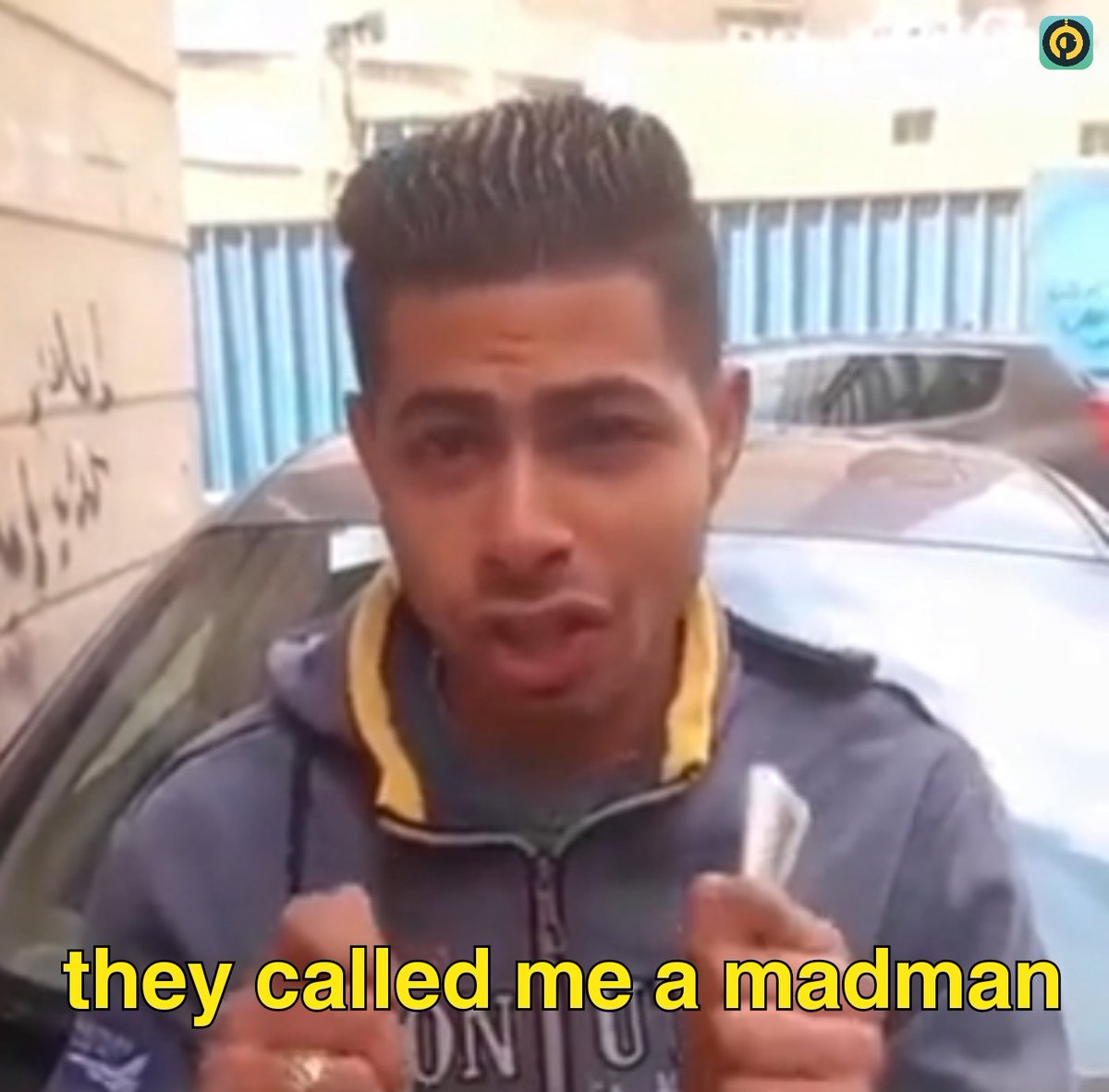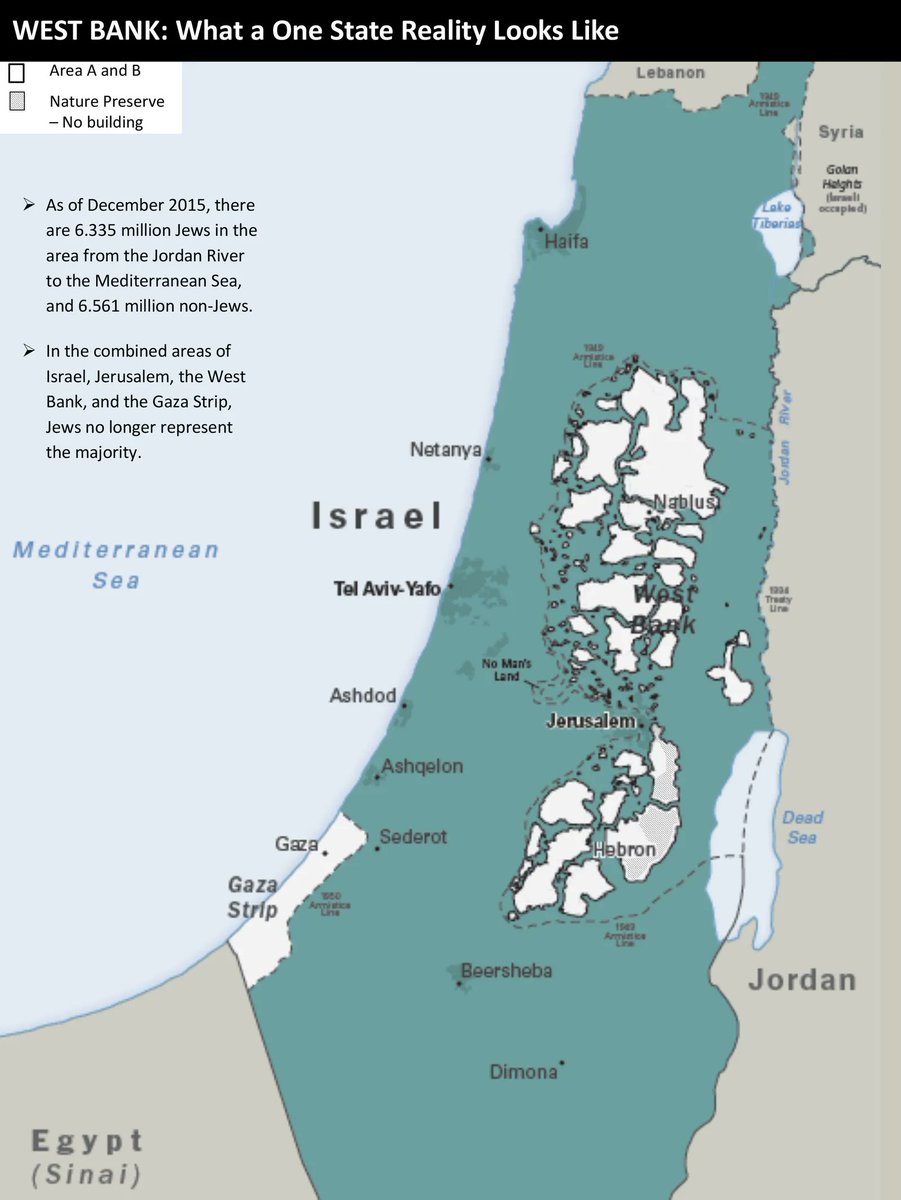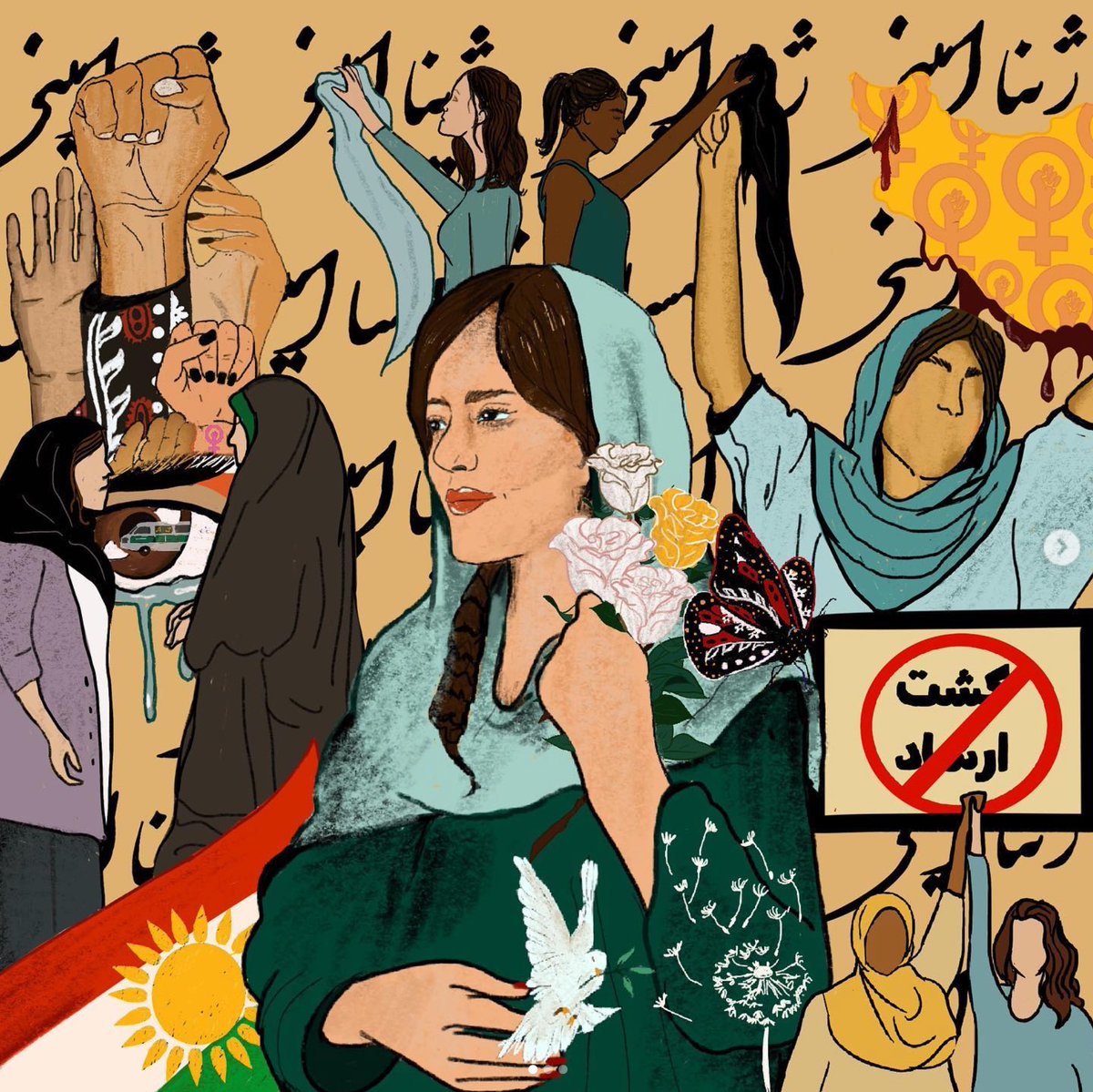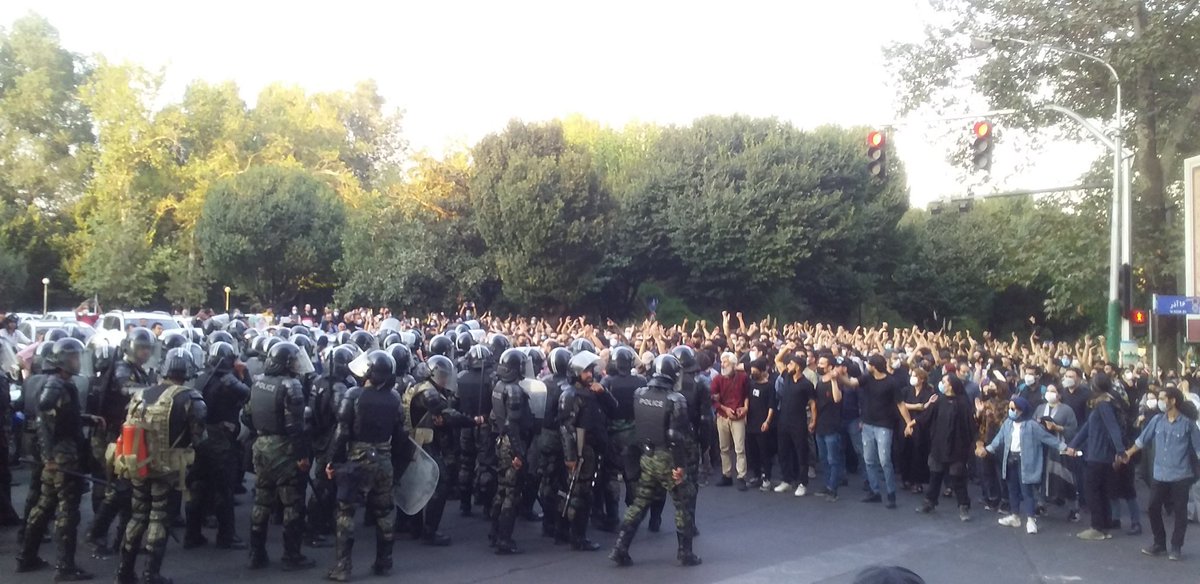The countryside of Lorestan, in western Iran, is dotted by dozens of old bridges and aqueducts.
They carefully bring precious water down from western Iran’s springs and glaciers across great distances.

They carefully bring precious water down from western Iran’s springs and glaciers across great distances.
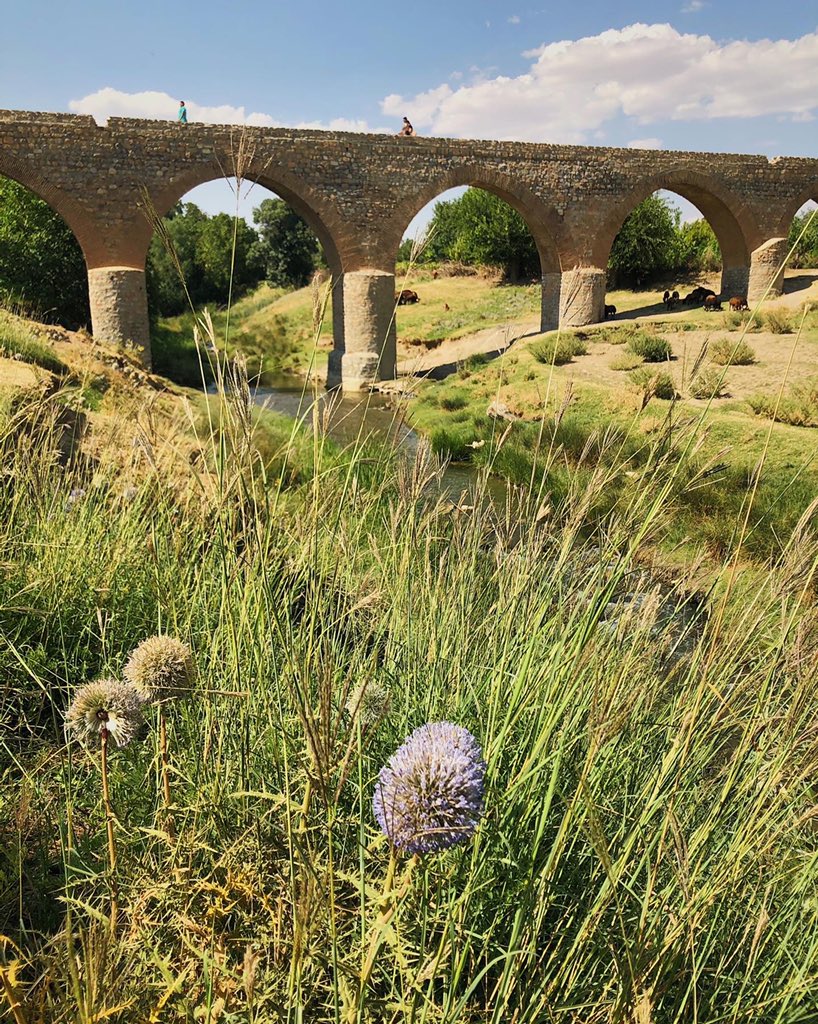
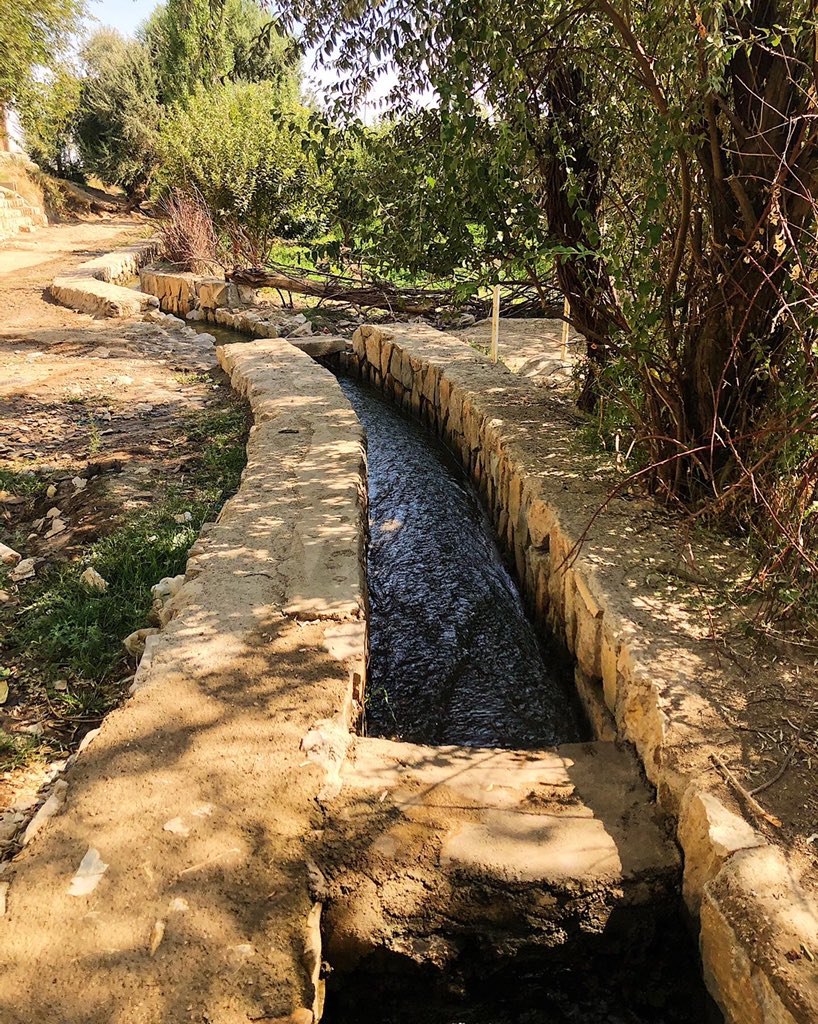
Qaleh Hatem Bridge, Negar Borujerd, is an example of both in one.
It’s an aqueduct across a river that connects an old castle on the hill with the town across the river, and also separates drinking water from that used for watering the fields along the riverside.

It’s an aqueduct across a river that connects an old castle on the hill with the town across the river, and also separates drinking water from that used for watering the fields along the riverside.


Among the hillsides, pools keep water together for irrigation, and they serve as watering holes for shepherds and nomads bringing their flocks to drink up. 


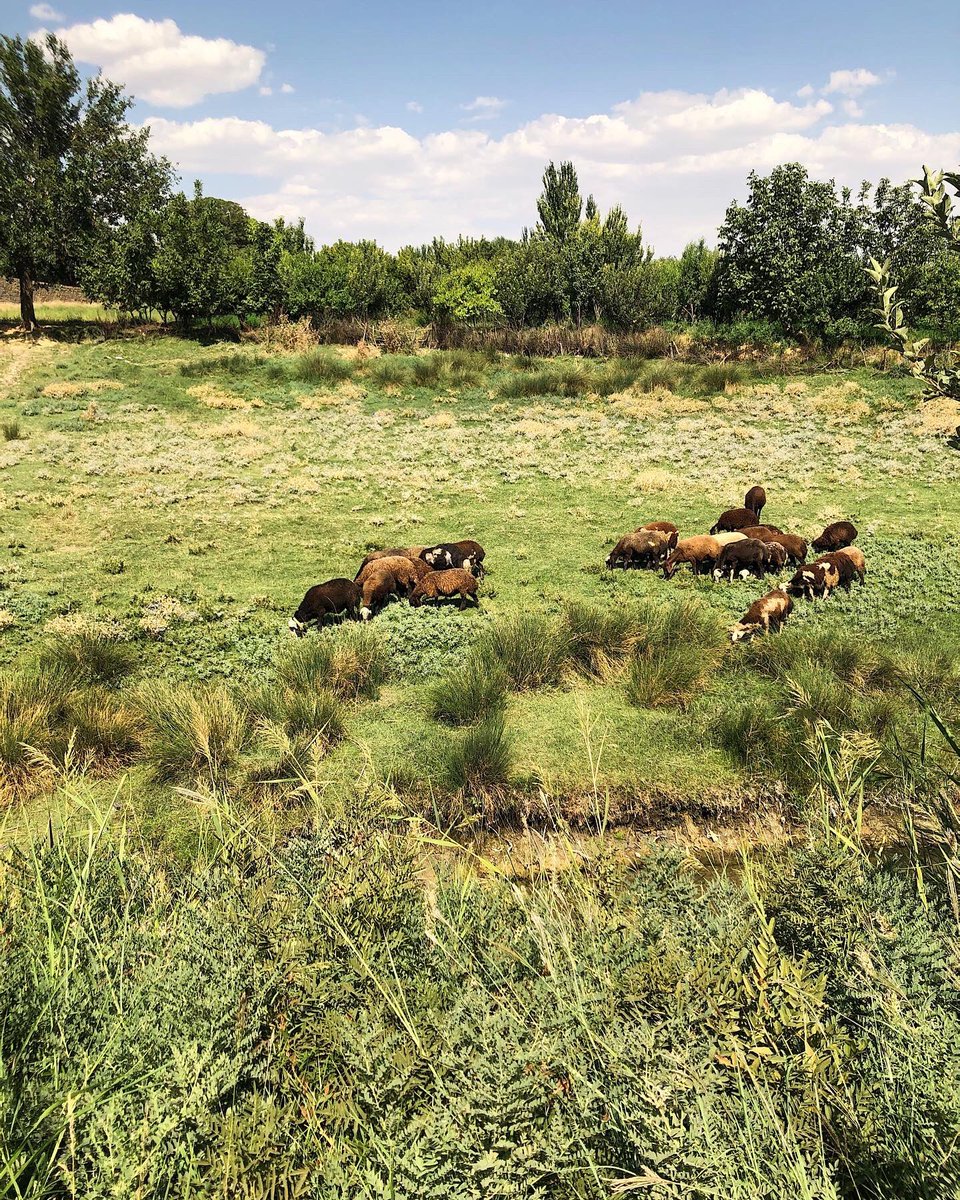

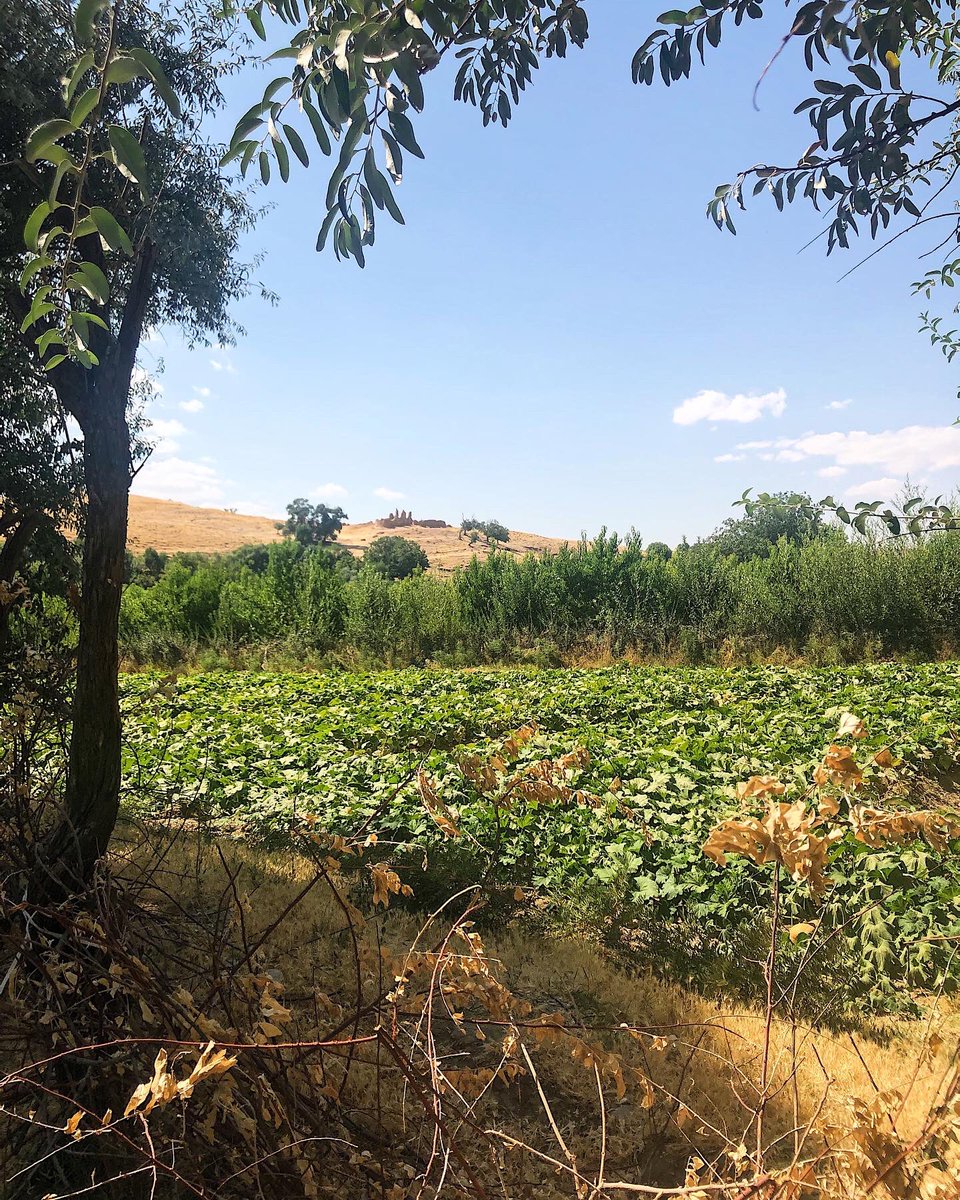
Until the early 20th century, more than 1/3 of Iranians were nomadic and 1/3 rural, and the architecture of water management was also one of sharing precious resources between settled and migrating communities. 



• • •
Missing some Tweet in this thread? You can try to
force a refresh






